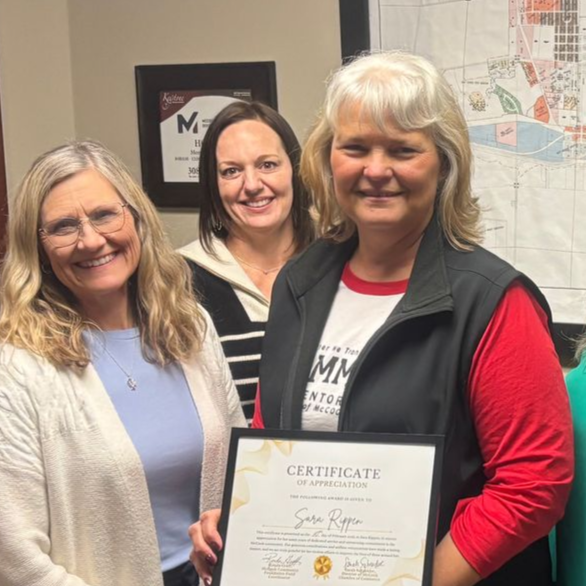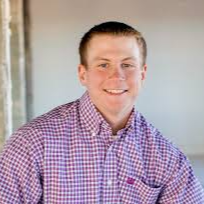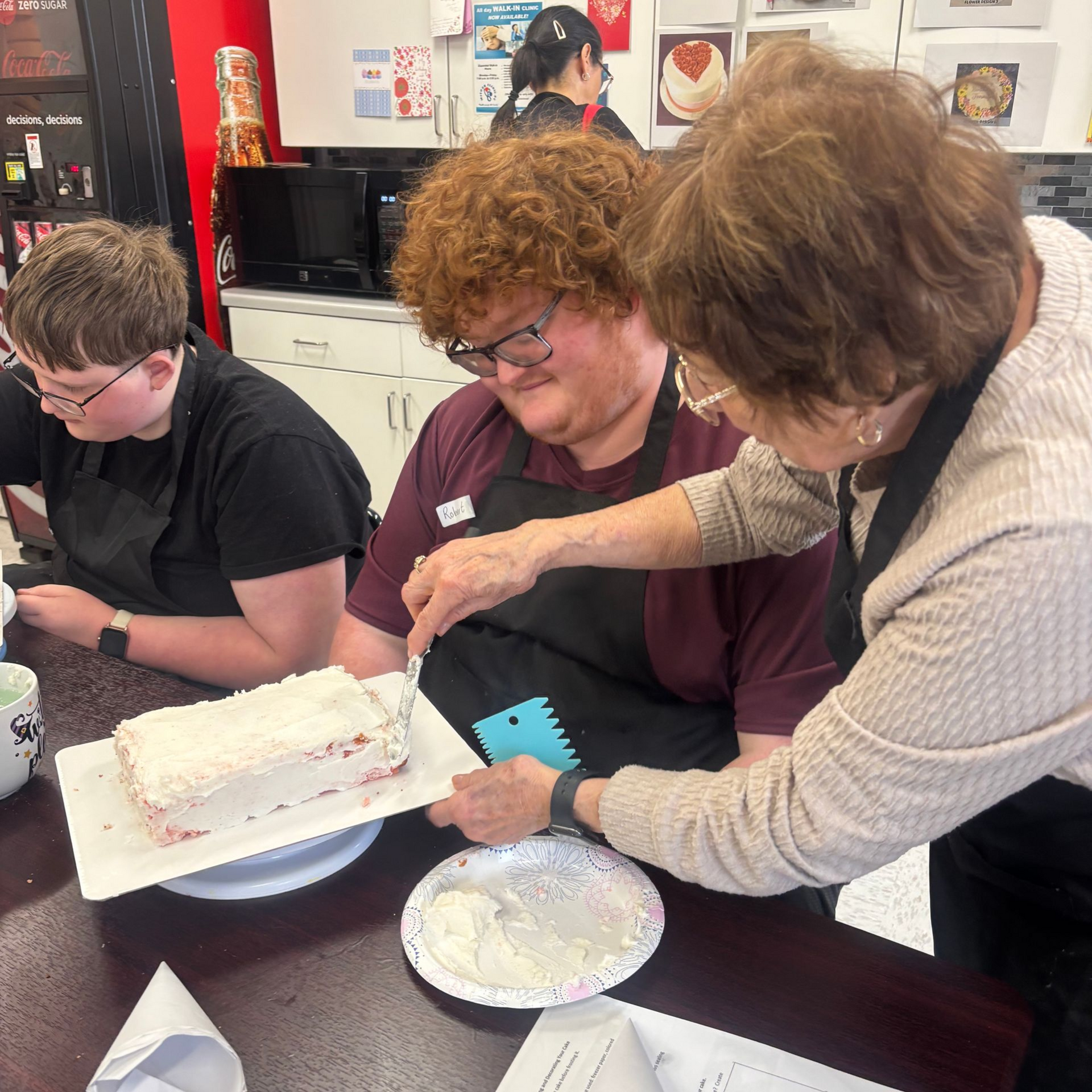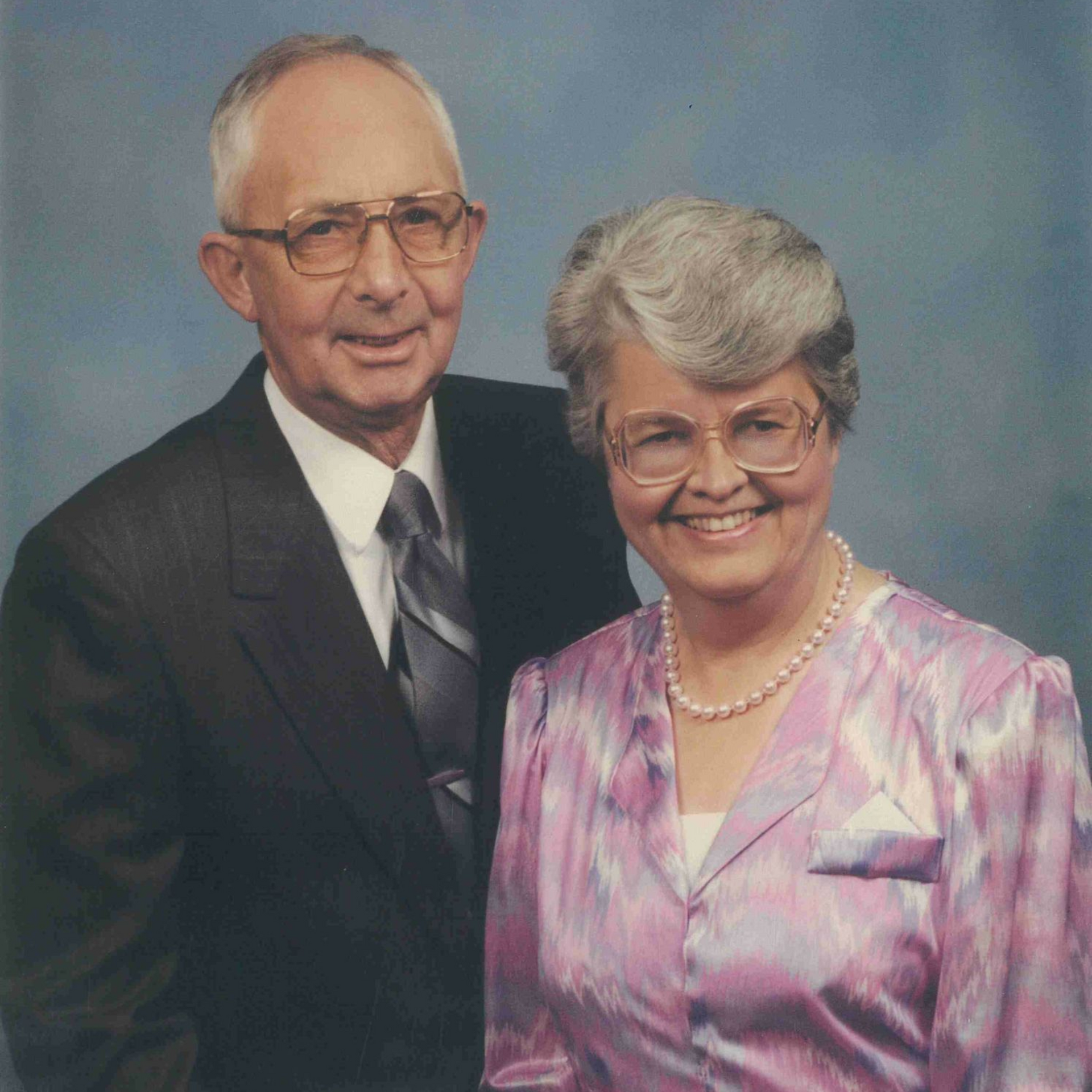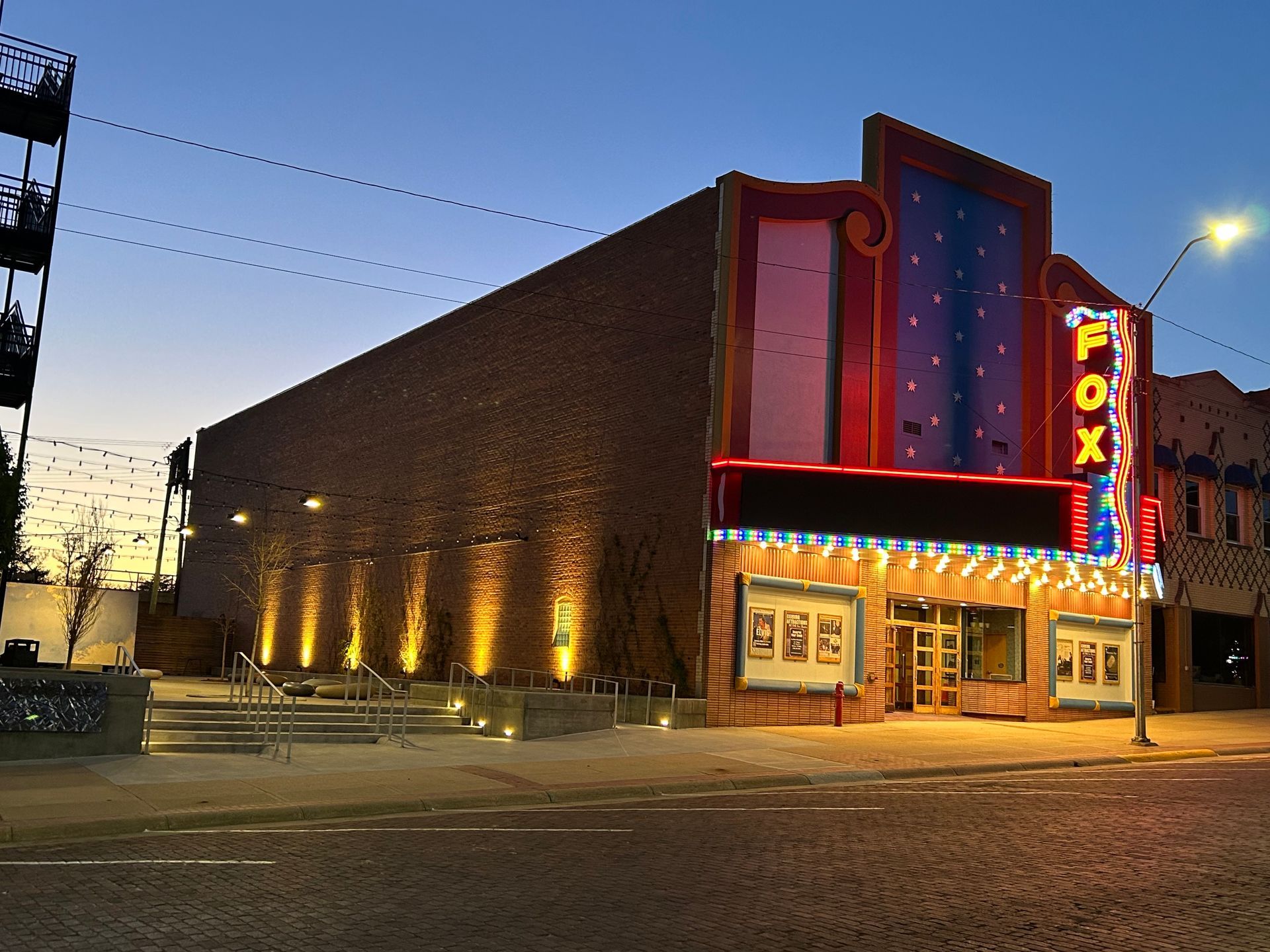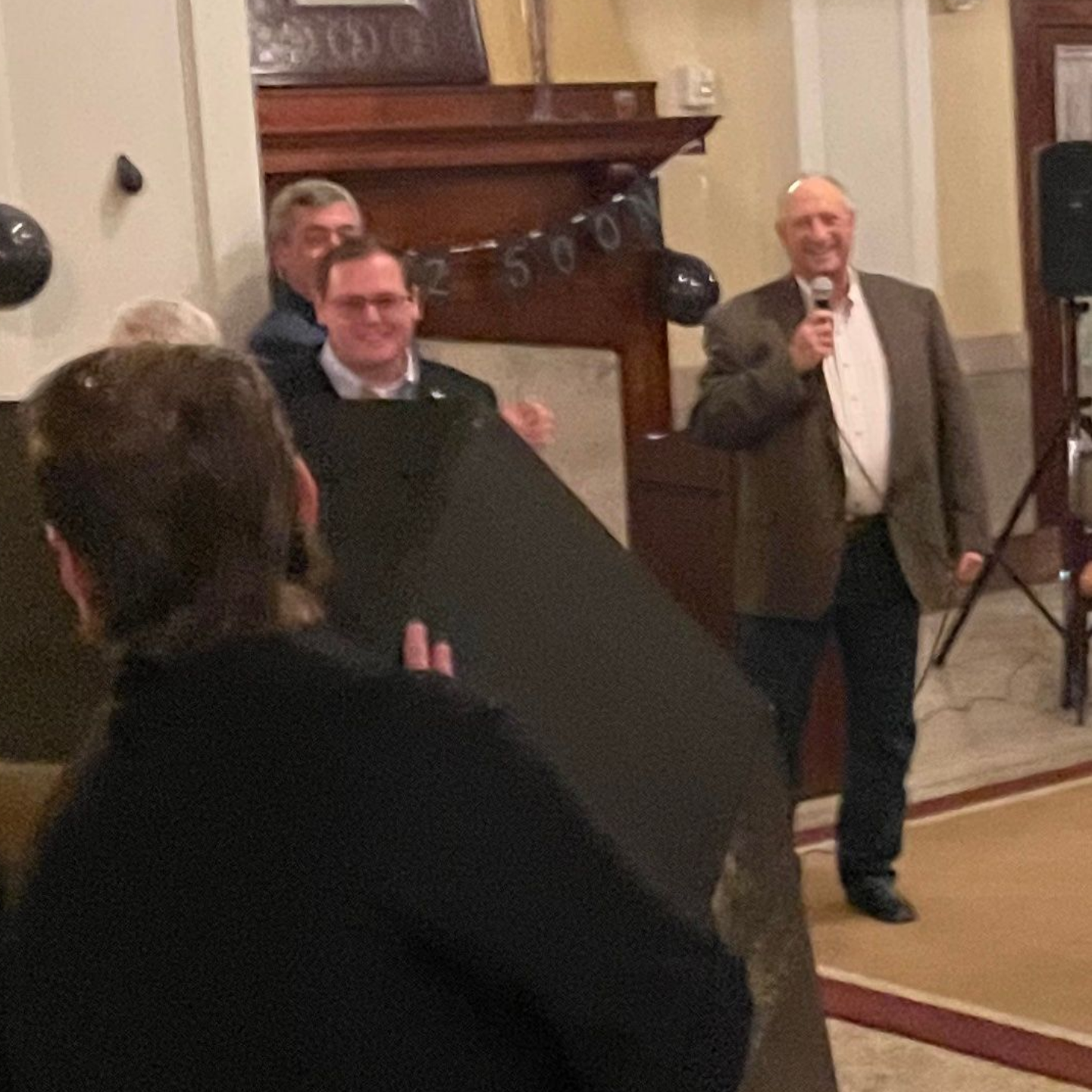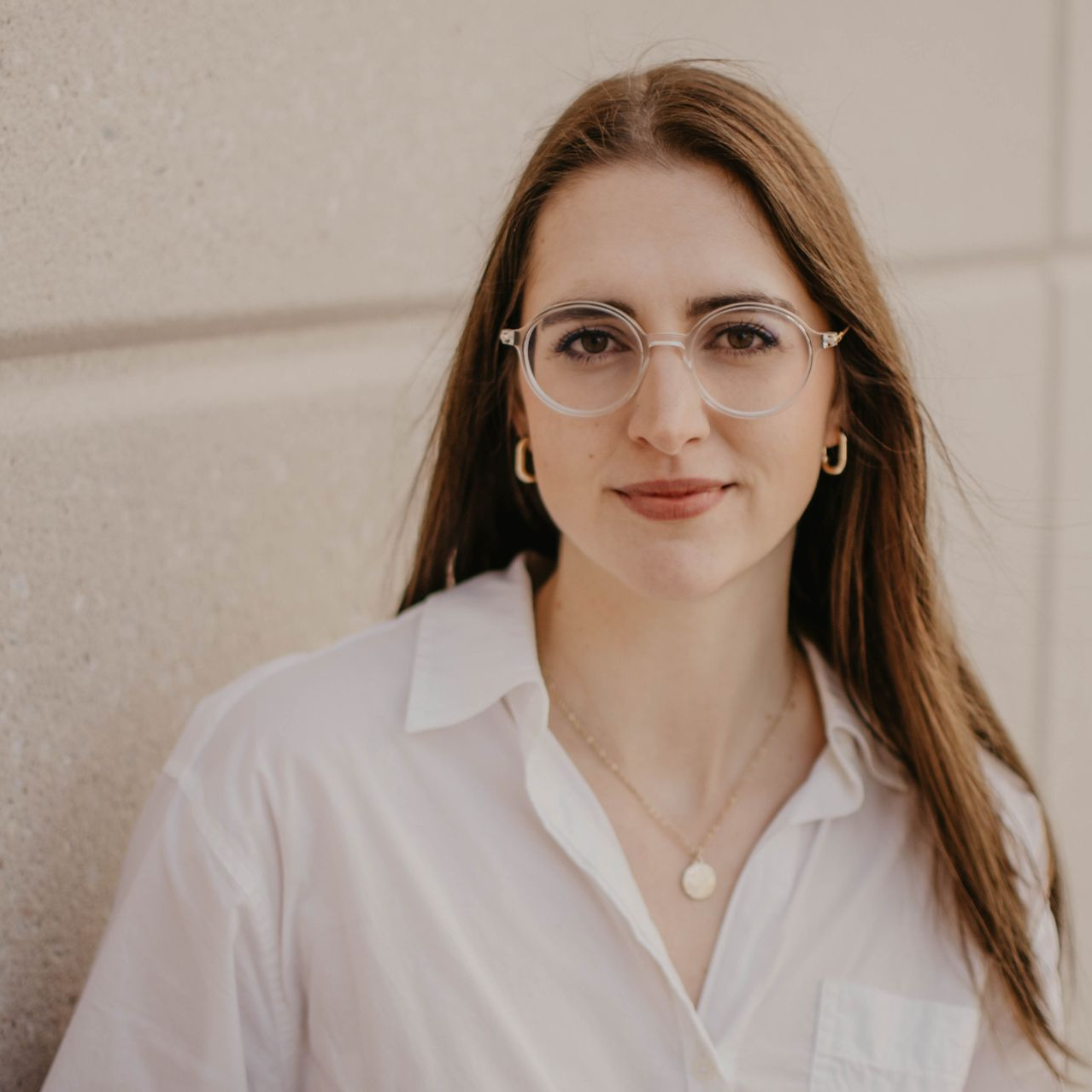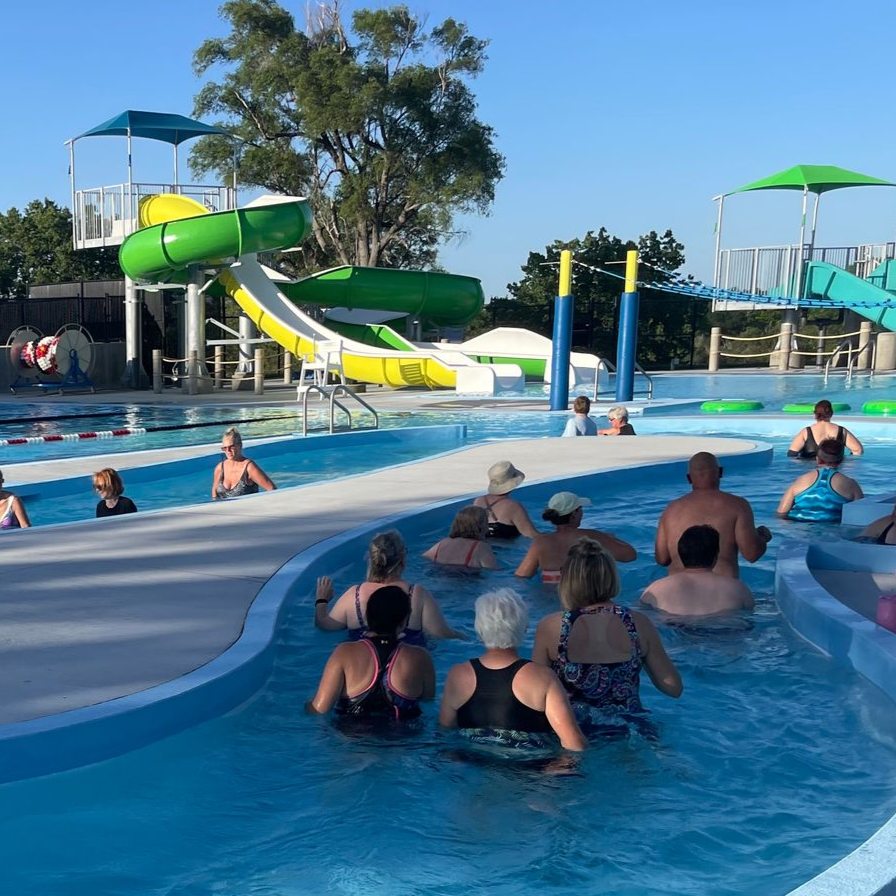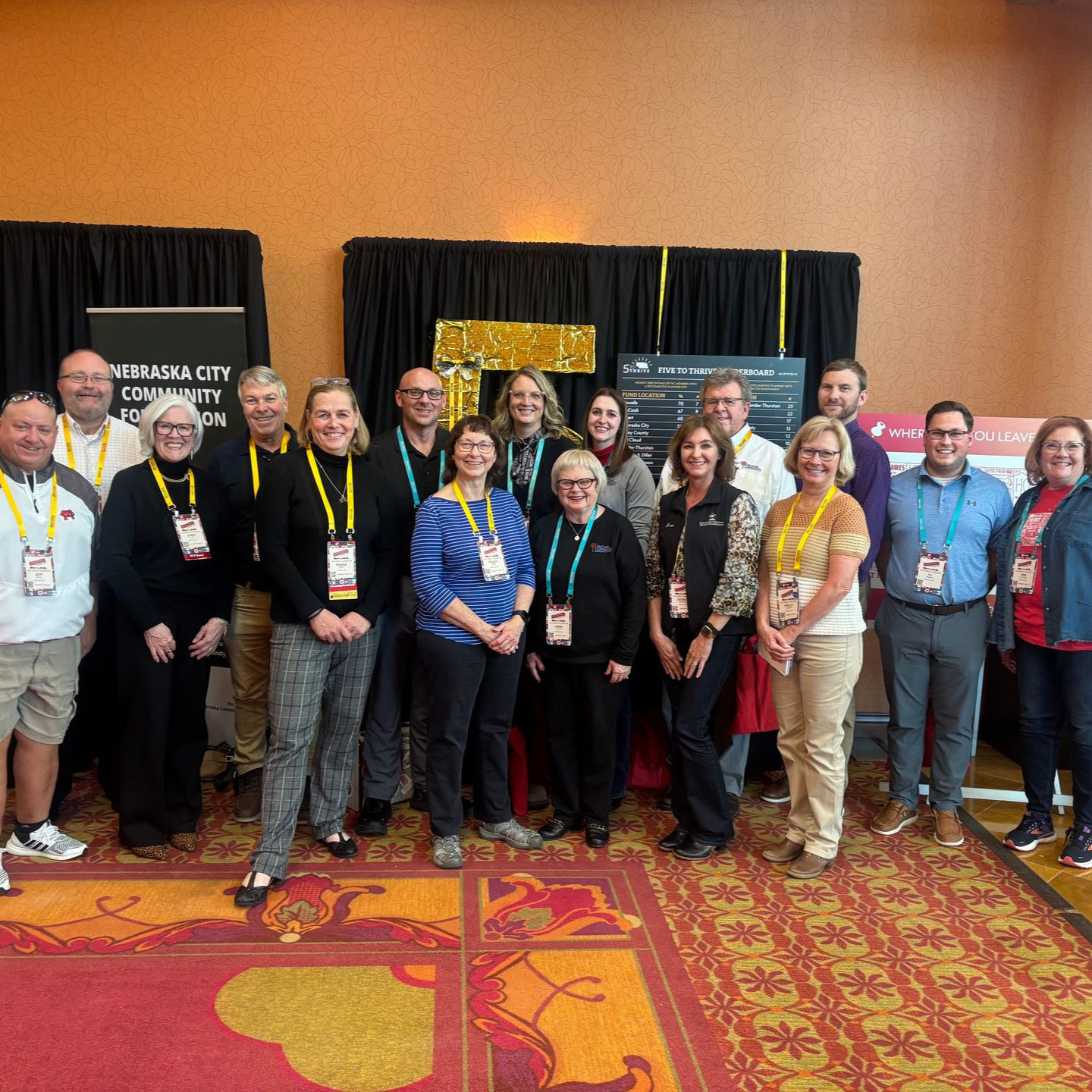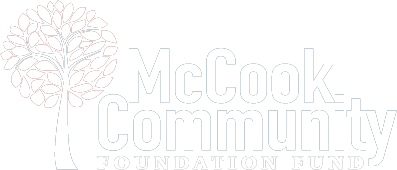Every year, it happens like clockwork at my house. At some point in the late fall or early winter, someone in my house gets up in the morning and stumbles to the bathroom, reaches into the shower to turn the handle....and nothing. There’s no water.
Once again, the pipe in our well-house has frozen because of the dropping temperatures. For the next few hours, we will be waterless until someone wanders into the frigid cold to turn on the heat lamp in the well house and the pipes thaw. This jury-rigged solution makes it work and yes, a professional is who came up with the system.
To have water in our house, we had to take that difficult first step: acknowledging that we didn’t know what we were doing. We had to ask for help. We had to admit we didn’t know everything.
In fact if I admit it, I don’t know how - and this is just a rough estimate - 99 percent of the world works.
I don’t know how electricity works, so that’s why I hire an electrician because it’s done right. I don’t know how to play the G chord on the guitar, so that’s why I attend concerts because it’s done beautifully. I don’t know why I’m gaining weight, so that’s why I see my physician because she can tell me that I do know why I’m gaining weight but I won’t give up my fries.
I also thought I was the only one who drove down the road wondering why wood is used for electrical poles, how birds are able to sit on electrical lines without getting electrocuted, or how long the stripes on a highway are. (Because wood is cheap but good, electricity takes the path of least resistance and that’s not a bird leg, and 10 feet which is longer than most people guess.)
Every day, I must admit that I don’t know something. Every day, I will wonder about something I don’t know. And every day, I will ask questions or research something. At the end of the day, there are a lot of useless facts in my head but I wouldn’t give up my curiosity for anything.
(I’m trying not to buy as many books as I have in the past but I couldn’t pass up “A Walk Around the Block” by Spike Carlson, where he explores everything from how squirrels use their tails to when manhole covers came into existence.)
Admitting you don’t know something is hard but that gives you the opportunity to learn something new, to need someone else’s expertise and knowledge, to reframe how you think. .
And it is not just the physical world around us where we need to acknowledge we don’t know everything.
It’s also our ideas and opinions and thoughts which affect our decisions.
Especially these days, we need to admit that we don't know everything about a particular subject..
Your neighbor doesn’t know everything. The person calling into a radio show doesn’t know everything. People posting and sharing on social media certainly don’t know everything. Even the experts may not know everything.
Yet sometimes, we give them all the same influence. We need to admit that the person who has devoted their life to a certain subject has more authority. We need to admit that the person who is dealing with the situation day-in, day-out knows more than we do. We need to admit that a person who has boots on the ground and deals with the problem on a regular basis is who we should listen to.
It’s not wrong to admit that we don’t know everything. In fact, it takes a leader with an open mind to acknowledge that they are willing to listen to others, that they are willing to change their mind, that they are willing to make an informed decision based on those who do know.
And at the end of the day, we need leaders - and a community - which are willing to acknowledge that they don’t know everything, but are willing to learn.
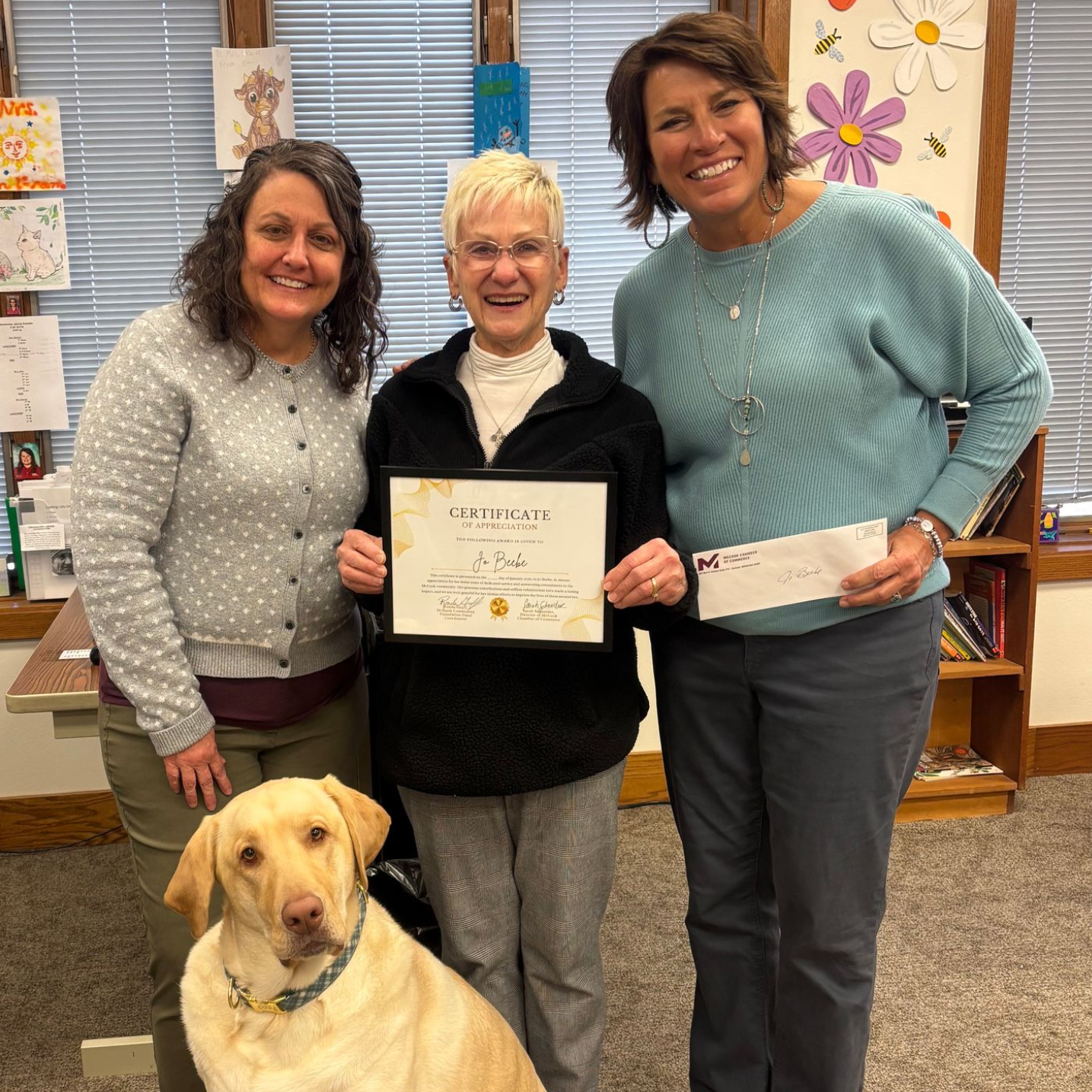
To kick off the new year, Jo Beebe has been selected as the January 2026 McCook Volunteer of the month. While many people might know Jo for her years at the Sports Shoppe, she can be found giving hours of her time to the community, especially at St. Patrick Church. Whether during the weekly Mass or for a funeral or wedding, Jo shares her beautiful voice from the choir loft, as well as leading the choir members. Jo, along with her husband Harold, also has served as the St. Pat’s GALA host couple in the past and continues to help with set-up and cleanup of the annual event. Jo is also active with the Fall Festival, the Rosary Rally and the Wild Game Feed in Curtis every year. She attends every the Order of Christian Initiation of Adults class and helps students prepare for confirmation. And since retiring from the Sports Shoppe, she is active in the Altar Society, and volunteers at the Bargain Bazaar thrift store. According to her nomination, “The way Jo gives of her time and talents to our parish and community is a reflection of her faith,” and the community and the church are better because of her generosity. The McCook Philanthropy Council selects the monthly recipient for the McCook Volunteer of the Month award as part of the McCook Community Foundation Fund’s McCook Volunteer program. If there is a volunteer in the community who should be recognized, please contact the McCook Chamber of Commerce at 308.340.3200 or visit McCook Volunteers on the MCFF website, mccookfoundation.org to complete a nomination form. The only requirement is that the nominee must be a resident of McCook or Red Willow County. Please have information about the nominee along with where and how they volunteer in the community.

